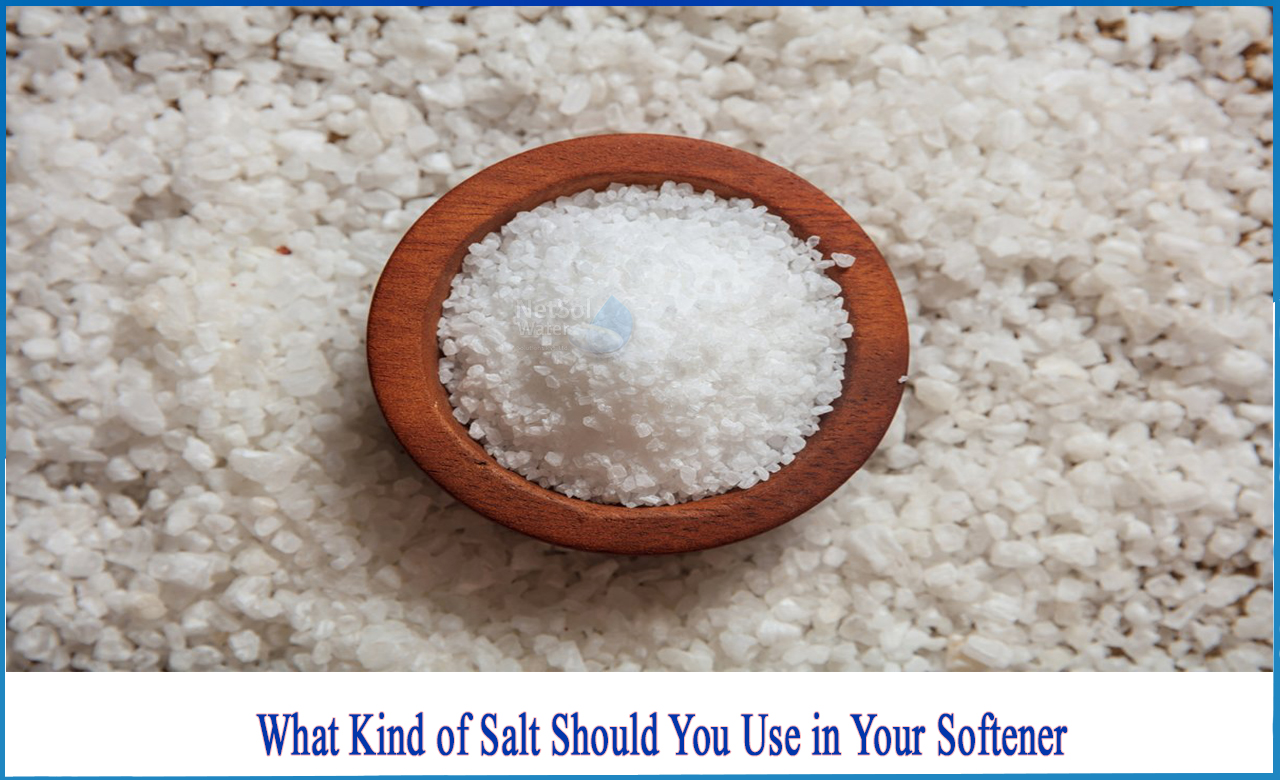As the owner of the water softener, you will see that your saltwater tank is running out of salt, and it's time to get a little more.
How many people are surprised by all the softened salts in the store, including crystals, blocks, slabs, stones, and pellets? Which is better, sun or vacuum salt pellets? How do salt pellets compare to potassium chloride pellets? What should you buy? What is the best?
First, you should only use salts or potassium chloride specially developed for water softeners.
-Do not use concentrated salt.
How many salt used in Water Softener?
Some softened salt pellets sold in supermarkets and hardware stores contain a high percentage of water-insoluble substances and impurities. These insoluble materials can lead to deposits in the vessel and malfunction of the water softener. If you notice deposits, you need to clean the brine tank more often. When purchasing softener salt, pay attention to the label on the salt pellet bag. This indicates that we have received the highest level of purity.
Types of salt used in water softeners:
First, let's talk about salt (sodium chloride).
Salt comes in three different forms:
-Pellets
-Crystal
-Block salt
Salt pellets are the most common and are generally cheaper than potassium pellets. The breakdown of the available options is as follows:
Evaporative salt pellets are the purest of the above salts and are usually the most expensive. The higher the salt purity (preferably 99.9% pure salt), the less water-insoluble substances. That is, there are "bridged", "powdered", or insoluble deposits on the bottom of the tank that need to be cleaned. The lower it is, the slower it is.
Solar salt pellets are most sold in the form of crystals or pellets and are made by evaporating seawater. Sun salt is more soluble than rock salt, but it may not work as well as evaporative salt if the hardness of the water is very high. Many brands of solar salt contain 99.6 % pure salt. Rock salt resembles small stones and pebbles.
This form of salt is more economical, but it is not recommended for use as it contains high levels of calcium sulphate. This means that it does not dissolve well in water and can cause headaches when used. Do not use block salt unless the company recommends raising the water level in the brine tank to allow the block to be completely submerged to maximize the formation of brine.
Like most things, it's best to pay a little more in advance to get high quality. Purchasing a bag of high-quality evaporative salt pellets means less cleaning and maintenance issues and will also help you get better results.
Potassium Chloride
There is one last option for the Brine Tank. It is potassium chloride. It can be used in place of the salt (sodium chloride) in the brine tank to regenerate the emollient resin.
Potassium Chloride is 99.9% sodium free and is an alternative for those who want to reduce their sodium intake. Keep in mind that potassium chloride pellets are generally expensive and cannot be found as easily as salt pellets. When changing from salt to potassium chloride pellets, it may be necessary to increase the valve salt dosing program setting by 10% to ensure proper regeneration of the resin.
Netsol Water is Greater Noida-based leading water & wastewater treatment plant manufacturer. We are industry's most demanding company based on client review and work quality. We are known as best commercial RO plant manufacturer, industrial RO plant manufacturer, sewage treatment plant manufacturer, Water Softener Plant Manufacturers and effluent treatment plant manufacturers. Apart from this 24x7 customer support is our USP. Call on +91-9650608473, or write us at enquiry@netsolwater.com for any support, inquiry or product-purchase related query.



